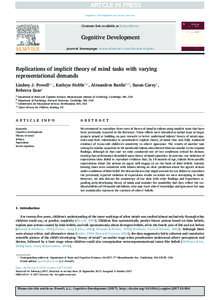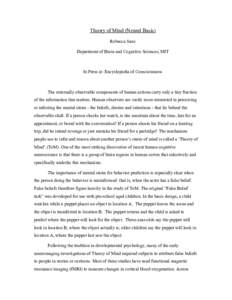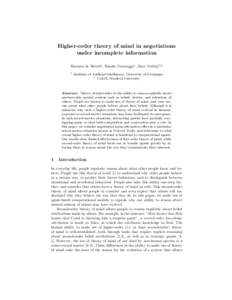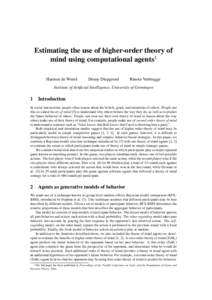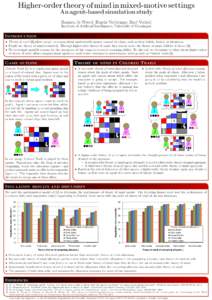<--- Back to Details
| First Page | Document Content | |
|---|---|---|
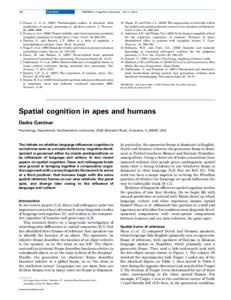 Date: 2010-05-12 17:56:17Cognition Academia Cognitive science Theory of mind Social cognition Framing Linguistic relativity Primate cognition Face perception Spatial memory Language and Spatial Cognition |
Add to Reading List |
 doi:j.tics
doi:j.tics